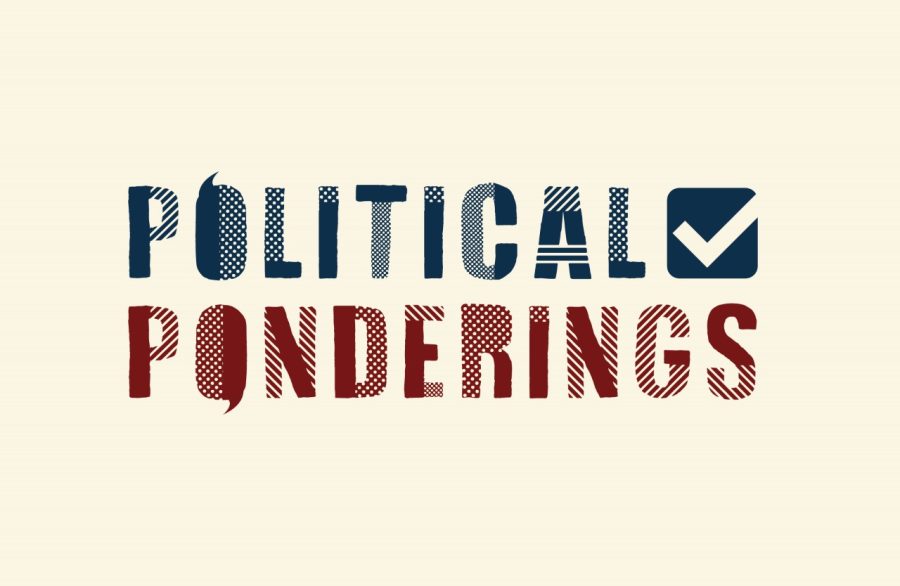Political Ponderings
Geoff Peterson on voter fraud
There have been elevated claims of voter fraud since the 2020 election, calling into question U.S. election integrity.
Geoff Peterson is a political science professor and the assistant vice chancellor for academic affairs. He has published research primarily on elections, voting behavior and trust in government.
According to Peterson, voter fraud can be voter impersonation, which is pretending to be someone else and casting a vote in their name, and voting when not eligible to vote.
Peterson said discussions about voter fraud go back to the 1990s, when claims that immigrants were voting when ineligible to vote led to voter photo ID requirements.
The recent uptick in voter fraud claims comes from the events surrounding the 2020 election, Peterson said.
“President Trump at the time said, even before the election, if he lost it was going to be because there was massive voter fraud,” Peterson said. “After the 2016 election, he said that there was massive vote fraud and he had actually won the popular vote, even though he lost it to Hillary Rodham Clinton by several million votes.”
According to Peterson, these claims of voter outcome manipulation are part of Trump’s go-to stump speech at rallies and events.
Peterson said the claims made by Trump and his supporters are not of voter impersonation or voting when not eligible to vote, but rather claims of widespread manipulation of millions of votes.
“There is essentially no voter fraud, there is no evidence that (widespread) voter fraud exists and until somebody comes forward with some actual evidence it’s just speculation and conspiracy-mongering,” Peterson said.
Legitimate voter fraud does occur, by voter impersonation and ineligible voting, but that is only a handful of votes in an election, according to Peterson.
Peterson is concerned that claims of voter fraud will cause distrust in the government. Peterson said, since these claims are largely coming from Republicans, the claims could make them feel like their vote doesn’t matter.
If voter fraud claims are being used to rile people up, Peterson said it actually has the potential to depress the Republican turnout.
Peterson said Wisconsin has a model system with paper ballots that are scanned electronically and easily verifiable. Peterson said election officials know how many ballots are handed out and ensure they all get counted.
According to the Wisconsin Elections Commission, “our election officials use a mix of technology, highly trained people and practical safeguards to protect against errors, fraud and interference, and to make sure that every valid ballot in every community gets counted accurately.”
Peterson said during the 2020 election, there were many drop boxes for ballots and everyone was able to request an absentee ballot. There have been decreases in availability and options since then, but Wisconsin has seen less changes than other states, Peterson said.
According to Peterson, making it harder to vote and register to vote means less people will get involved in the voting process.
“We already know that when you make it harder to register and harder to vote, that disproportionately impacts people of color, people with lower income and younger people,” Peterson said.
Should voters be concerned about the integrity of the upcoming Nov. 8 election? Peterson said no.
“I have no concerns whatsoever about how we do our voting in this state and I think it’s one of the most secure and least prone to issue systems in the country,” Peterson said.
Wisconsin voting resources can be found at myvote.wi.gov and elections.wi.gov.
Kasper can be reached at [email protected].

Maddie Kasper is a third-year journalism and political science student, and this is her fifth semester at The Spectator. She covered the UW-Eau Claire Student Senate for three consecutive semesters while dreaming of being a national political correspondent. She adores poems about oranges and the Half Price Books on the east side of Madison.











